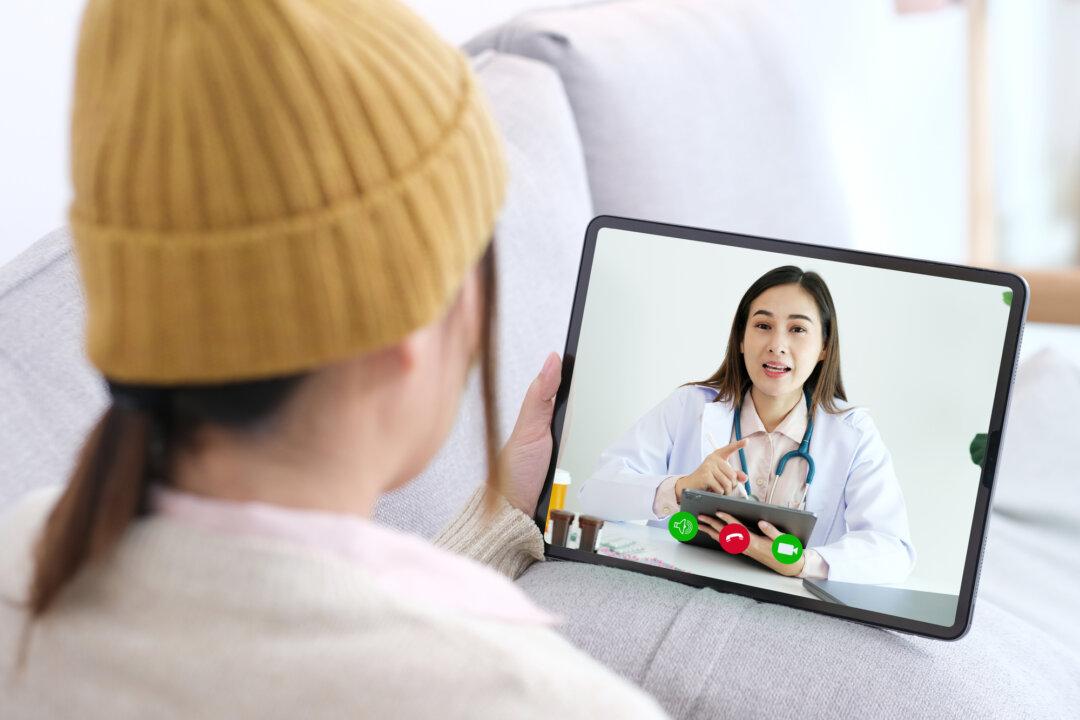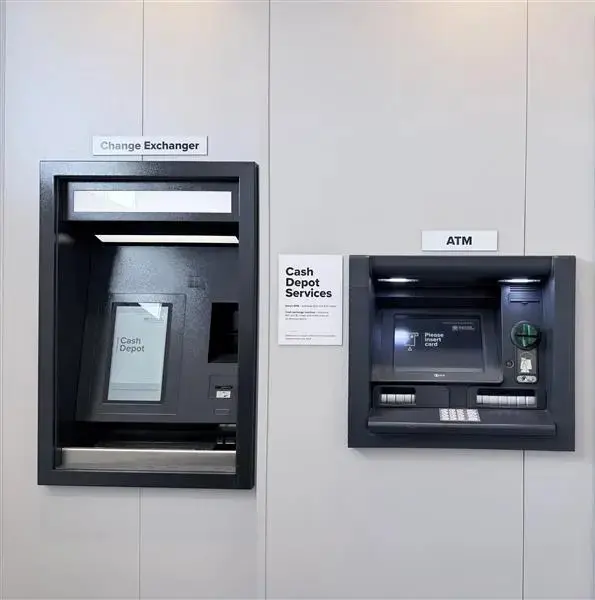The New South Wales state government is set to launch an online video chat service connecting people aged 16 years and over with doctors and nurses to ease hospital wait times and divert as many as 85,000 people from emergency departments each year.
New Virtual Health Service Aims to Divert Up to 85,000 People From Hospitals Annually
‘Virtual care has made tremendous progress, accelerated in part by the pandemic,’ the health minister said.

Woman patient makes a video call to a doctor about healthcare by digital tablet, Telemedicine. mangpor_2004/Depositphotos
|Updated:




